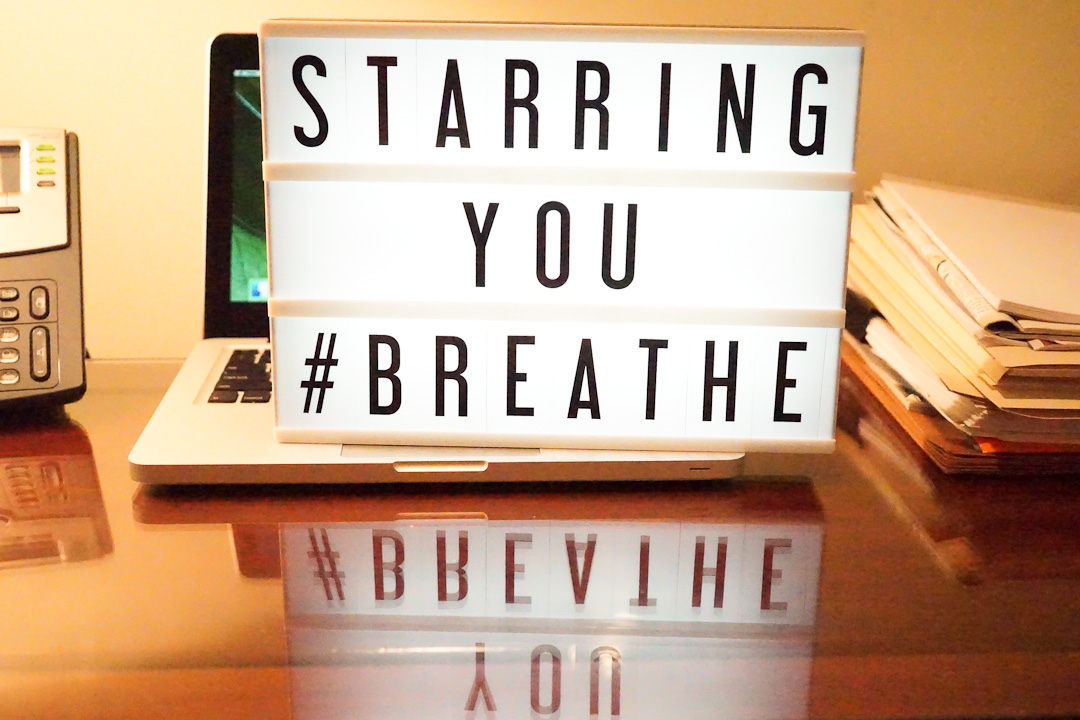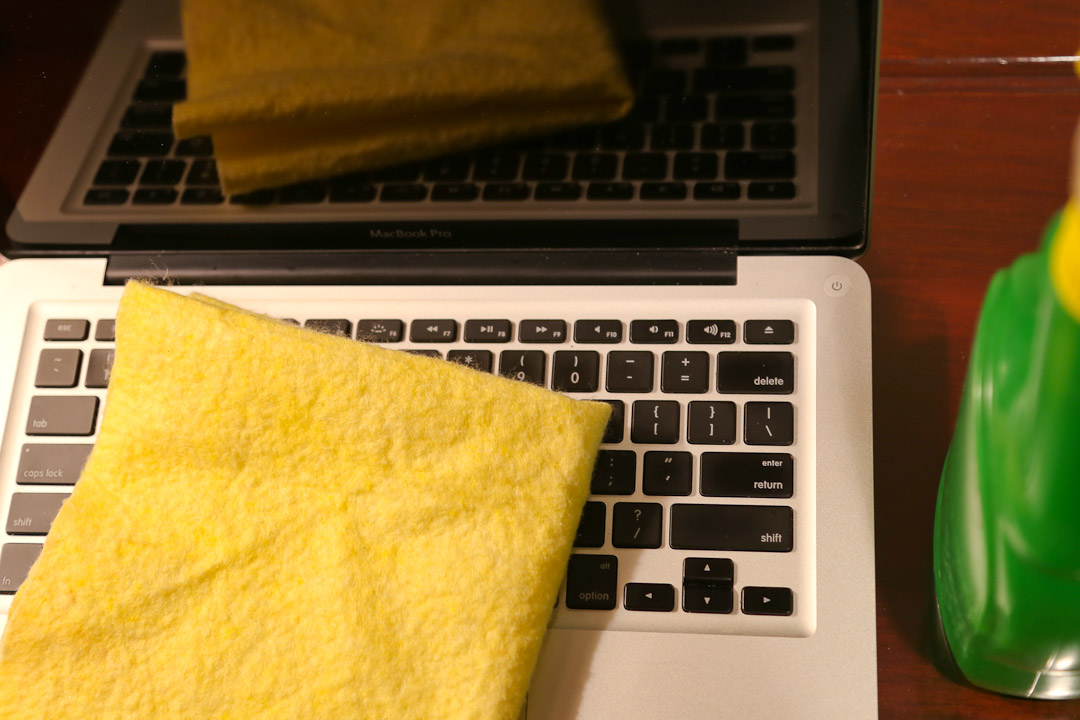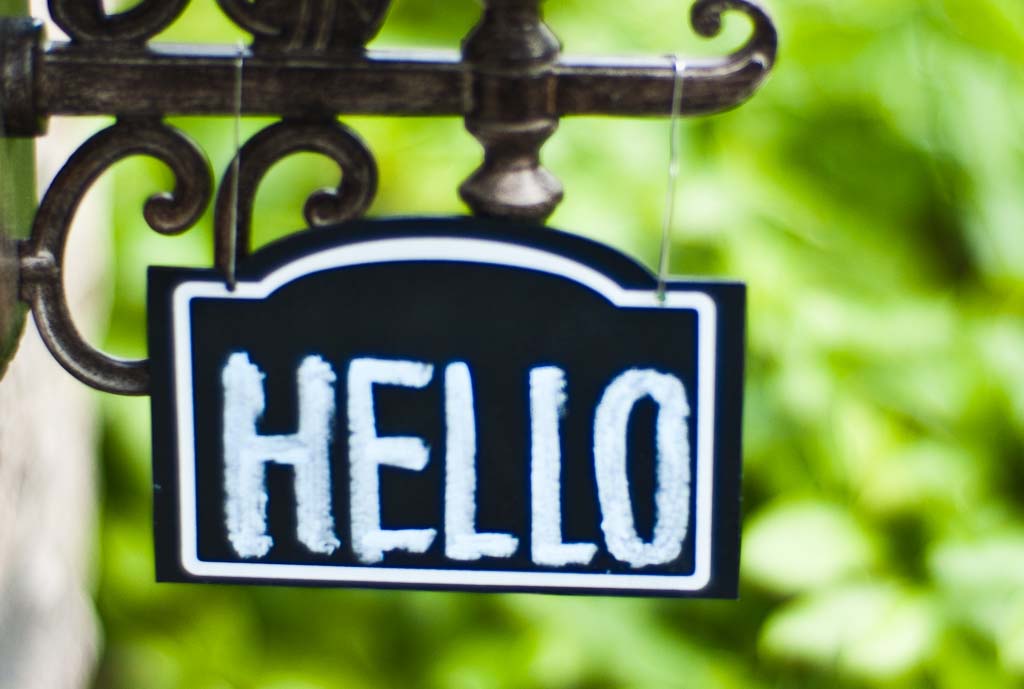
A Mindfulness Challenge for Lawyers to Sparkle and Help Clients Shine
Several weeks ago I caught up with leadership coach and mindfulness meditation teacher Ashleigh Frankel. Bell Let’s Talk Day had just occurred. Ashleigh wanted the wellness conversation to continue among lawyers. As a former private-practice lawyer and in-counsel, she understands the stress that accompanies the practice of law.
 Although talking about our feelings is a great start, Ashleigh found that continuous, active engagement in self-care really helped to reduce her stress levels. It inspired her to design daily exercises for lawyers to try out. These exercises work together as a mindfulness challenge for a set period of time. The challenge allows participants to test various approaches and adopt those that work for them on a regular basis.
Although talking about our feelings is a great start, Ashleigh found that continuous, active engagement in self-care really helped to reduce her stress levels. It inspired her to design daily exercises for lawyers to try out. These exercises work together as a mindfulness challenge for a set period of time. The challenge allows participants to test various approaches and adopt those that work for them on a regular basis.
I’m delighted to announce that Ashleigh has created a short version of her challenge for lawyers to try out. It’s a 10-day challenge and complimentary for this upcoming month. Perfect timing, as April is Stress Awareness Month.
Here’s my Q&A with Ashleigh to give you an idea of what the challenge is all about and how it can help lawyers to reduce stress.
Question: First, can you explain what mindfulness is?
Ashleigh:
Mindfulness is the practice of bringing the mind calmly into the present moment, rather than getting caught up in our fears and worries. Mindfulness is fitness training for the brain.
Question: How can practicing mindfulness help relieve the stress that lawyers experience?
Ashleigh:
A growing body of scientific evidence supports that this simple training can yield powerful benefits, including reduced stress and anxiety. It can also improve work performance, focus, creativity and memory. Mindfulness practices have been used successfully to treat anxiety, depression, and ADHD.
Practicing law can be taxing. As lawyers, we are often at the heart of conflict and competition. Our jobs demand long hours with tremendous pressure to perform our work flawlessly. We often meet or exceed these expectations, but not without a serious toll on our wellbeing and mental health. A recent study shows that lawyers are 3.6 times as likely to suffer from depression as non-lawyers and twice as likely to abuse drugs or alcohol. Stress, anxiety, and burnout are a serious problem in the profession.
Mindfulness not only reduces stress, but also gently builds an inner strength so that future stressors have less impact on our happiness and physical well-being.
Through mindfulness practice we can develop tools to nourish our minds and ourselves so that we can be well, live well, and do well.
Question: Your challenge intrigues me, especially given the potential range of benefits from practicing mindfulness. I’m sure, though, if I had heard about it when I was practicing law, I would’ve said that I don’t have time for such brain fitness training. How time consuming are these daily exercises?
Ashleigh:
I designed these practices to be excuse-proof. Each daily practice takes less than 5 minutes to complete. The practices are uncomplicated, everyday strategies that can be easily incorporated into even the most hectic workday. Transformation happens in the small, daily actions we take. Starting with even 5 minutes a day can begin to shift habits in a positive direction.
Question: Hmmm… 0.1 per day for a positive habit. How does this 10-day challenge work?
Ashleigh:
I’ve created this challenge to be simple and effective so that it is a great return on your time and energy. Every day, for 10 days, you will receive an email straight to your inbox. The email will contain a mindfulness practice with easy-to-follow instructions, as well as insight into why it works and how it can help increase your wellbeing.
Question: When you worked through your first few mindfulness exercises, at what point in time did you start to feel like you were able to control your stress?
Ashleigh:
It is less about control and more about creating a healthy foundation so that we stress less. It’s also about developing the tools to engage with our stress in healthier ways.
Some of the practices, such as the breathwork, can help us to manage the impact that stress has on us mentally and physically immediately – so long as you remember to use them.
Question: Do you have any tips on how we can increase the likelihood of success in this challenge?
Ashleigh:
Set an intention to complete this challenge and commit to it. You can use your calendar to do so. Schedule in a meeting with yourself each day. I always say that before you cancel the meeting with yourself, consider whether you would cancel a meeting with your supervising lawyer or a client for the same reason. If you wouldn’t, then don’t cancel on yourself.
Another great way to increase your chances of engaging in the practices is to have an accountability buddy – perhaps it is your neighbour at the office, or your partner. Get someone else to sign up with you and check in with one another. Knowing we have someone to answer to tends to help motivate us.
Thank you, Ashleigh, for creating this mini-mindfulness program!
To participate in the 10-day challenge, sign up at ashleighfrankel.com by Sunday, April 16, 2017. You’ll receive your first mindfulness exercise on Monday, April 17.
In addition to the tips Ashleigh provided to help us succeed in this challenge, I want to mention the following:
- If you’re more likely to act after mentioning it on social media, announce your participation in the challenge on your preferred platform like Twitter, Facebook or Instagram. You can use the hashtag #MindfulLawyer. Your tweet can be as simple as: “I’ve signed up for a 10-day #MindfulLawyer challenge. I’m looking forward to receiving my first exercise.”
- If inspirational messages help boost your participation, follow Ashleigh on Twitter at @ashleighfrankel. She’ll be posting such messages along with self-care reminders and tips.
- Whether you’re a practice group leader, share this challenge with members of your practice group and encourage them to participate.
- Deepen your relationship with your in-house counsel clients. Let them know you’re thinking of them by letting them know about the challenge.
I’m hopeful that once we get in the habit of setting our intention (aka goal), finding focus, expanding our vision, and listening, we’ll improve our productivity and happiness. Coincidentally developing those habits will also help with our legal marketing and business development strategy. For instance, by expanding our vision we may think of ways to showcase ourselves to clients that will make us sparkle among our colleagues. By mindfully listening to what our clients are saying, we can provide them with the information and insight they need to shine within their organization.
So be disciplined and committed in your approach, whether it’s for personal wellbeing, marketing or business development. Make sure you sign up for the challenge right now. You need to take care of yourself with both an open and marathon mindset to sparkle and make your clients shine!
All the best with this mini-mindfulness challenge!
By the way: The Personal Management Practice Management Guideline published on The Law Society of Upper Canada website provides examples of common sources of stress, suggestions on how to manage stress, and sources of assistance for Ontario lawyers.



